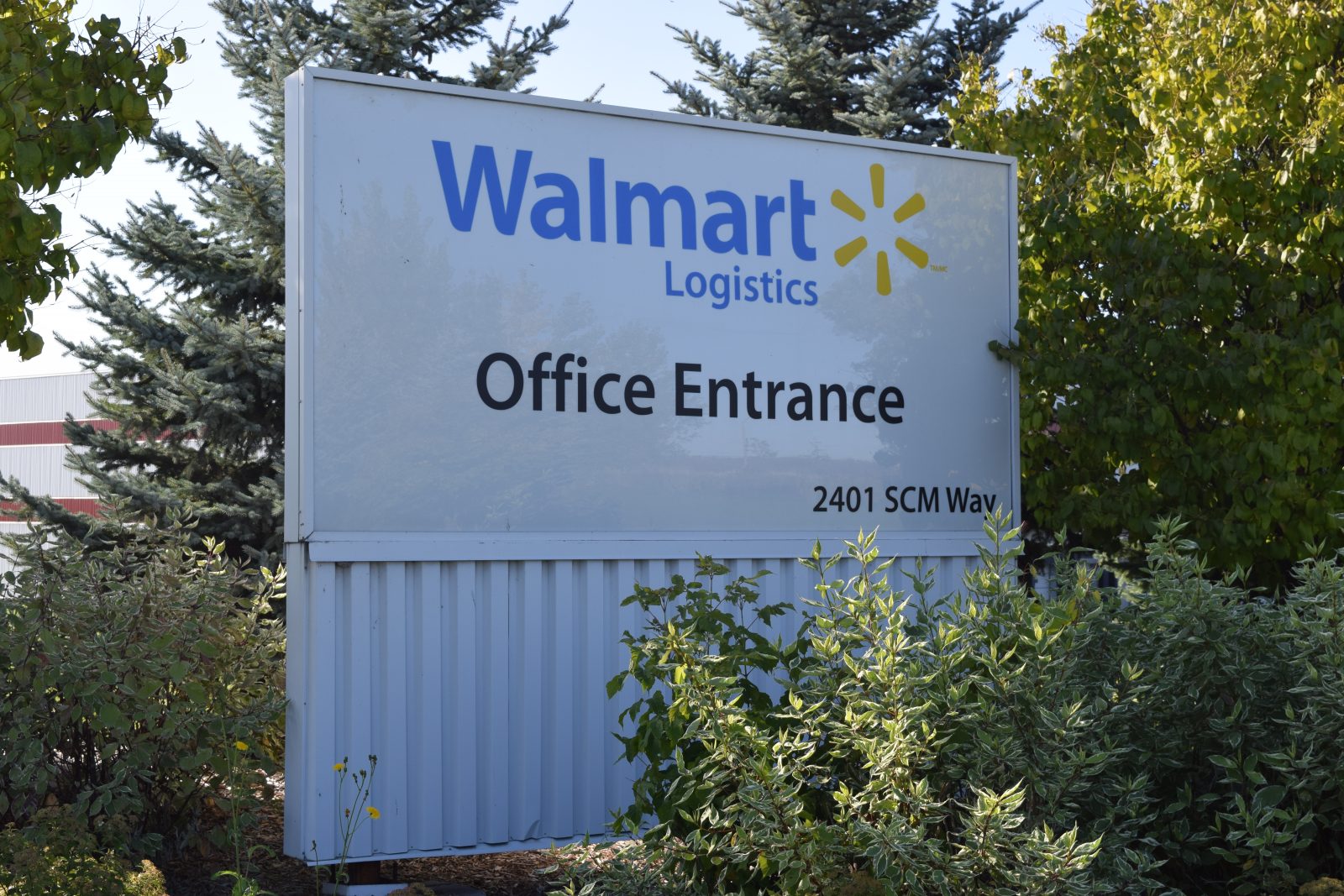For the past couple of weeks, I’ve been talking about the federal election. This week, I want to turn back to specific local issues affecting Cornwall.
These are a few topics that I wanted to share some analysis on, but I don’t think I could make a full-length column out of.
Walmart tax settlement
Last week, the City of Cornwall announced that it had come to a settlement with Walmart Canada and the Municipal Property Assessment Corporation (MPAC).
This case has been ongoing for over a year. MPAC assesses the value of all property within a municipality, and the municipality must use that assessment when setting their tax rates for homeowners and businesses.
Walmart disputed MPAC’s assessments on their two warehouses in Cornwall. MPAC agreed that they made an error in Walmart’s assessments and revised the values of their properties down, which led Walmart to ask for a refund from the City of Cornwall over the taxes they paid based on MPAC’s incorrect assessment.
While this was an error made by MPAC, that organization suffered no repercussions for it. It is the City of Cornwall and the Cornwall taxpayers who are on the hook for $5.2 million worth of MPAC’s mistake.
Cornwall did try to fight the outcome and not pay Walmart back for the money, they took both Walmart and MPAC to court over the issue, something that no municipality had ever done before.
While the City lost in this case, and will have to pay the money back to Walmart, I think it was good that they fought for Cornwall taxpayers in this case, and that the whole situation highlighted important problems with this system.
First of all, MPAC is a provincial organization. While it is funded in part by all municipalities, it is ultimately accountable to the Province of Ontario. That being the case, I believe that the Province bears some of the responsibility in this case, and should pay a penalty.
At the very least, Cornwall should be exempt from any fees it pays to support MPAC until the $5.2 million that the city owes Walmart is paid off.
This is something that I think that municipalities must look at. Cornwall’s case demonstrates how a huge error on the fault of MPAC can have huge ramifications for municipalities.
Cornwall has a Tax Stabilization Reserve fund to help remedy situations just like this, but this error is so large that it will wipe out the fund and the city will also have to dip into working reserves. This mistake is so big that it has hurt the city’s financial well-being. Cornwall acted the way it should have. The City must use the assessments they are giving by MPAC to formulate their taxes, why does the City then have to pay if MPAC then goes back and rules it made a mistake in their assessments?
Water Meters
The second issue I wanted to quickly discuss is that of water meters in Cornwall. The City of Cornwall is looking at installing water meters in residential homes and businesses.
The goal of the meters in theory is that they would encourage people to save water, and that rather than charging everyone a flat rate on their water bills, residents would pay based on their usage.
The problem with water meters however, at least for the City of Cornwall, is also the same as their benefits. Water meters encourage people to use less water, if people use less water, they are paying less on their water bills, the cost of maintaining the water system however, remains the same.
I think that the City of Cornwall would have to raise the rates of water bills in the city to ensure that the water maintenance budget does not run a deficit.
Unfortunately, this would mean that at least on the dollars and cents side of the conversation, Cornwall residents and the City are not going to save any money. Whether it encourages residents to save water, is another matter.
What do you think readers? Are you in favour of water meters? Also, who do you think should pay for Cornwall’s MPAC bill? Email me a Letter to the Editor at nseebruch@seawaynews.media




